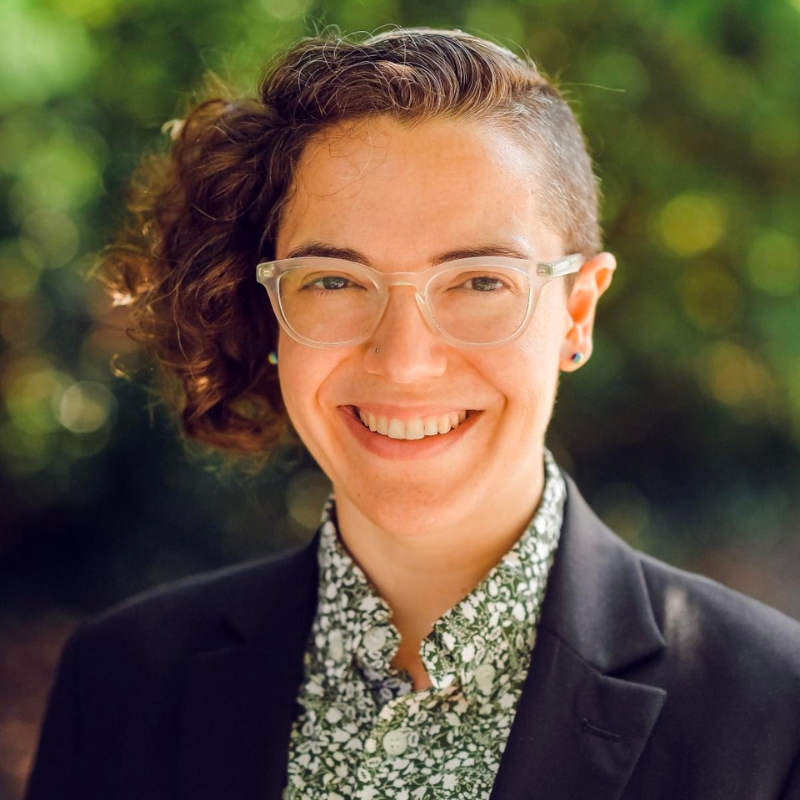At a crossroad, a wide open tent stands. Its doorways, windows, and walls make little architectural sense. Surely, this whole tent, one with too many doors and not enough walls, should collapse! Whichever way we are heading, it seems as if the tent shifts and follows us. Sweet smells beckon from inside, and a voice seems to call out our names. This wide open tent, the home of Sarah and Abraham, becomes for this moment the very home that each of us needs at this point in our journey. Their home is each of our homes, our landing space, our comfort. In it, we feel welcome and at ease. In it, we see the spark of God in ourselves, our inherent value. We leave refreshed and renewed — not only for the radical hospitality, but because we have been seen and understood. We experience the awe of God within their tent, and we carry that connection onward with us, wherever we might go.
I’ve found myself daydreaming lately of Sarah and Abraham’s cozy tent, especially as I’ve moved further along the process of adopting a waiting teen. “Waiting children” is a kind of technical term for children who have been in foster care and are unable to reunify with their parents. My partner and I are in the early stages of adopting a waiting teen, in the steps that involve a lot of paperwork and meetings with social workers, and waiting. The rabbinic interpretations of Sarah and Abraham’s tent keep me patient(ish) and grounded(ish) as we navigate adoption.
Find more resources on Lech Lecha.
I keep thinking in particular of the mishnah in Avot 1:5, which teaches: “May your home be open wide.” Rabennu Yonah later expounded: This means that our house should be like the house of Sarah and Abraham. Their house was on the road in a tight spot so that passers by could come in; and it was open on four sides, so that from all sides they could find an open door.
The metaphor here is about more than welcoming strangers to our homes. We are asked to both make a safe landing space for others, and also to trust that the mishnah is not only referring to inviting people into our homes. For if the tent, our home, is truly open on all sides, then it is also a safe space for people to leave. If the tent is open on all sides, there is an understanding that each person is continuing onward on a different journey. If the tent is open on all sides, our Torah is blessing us to be just as supportive in saying goodbye as we are in saying hello. There are over 100,000 waiting children in the United States, with the majority being between the ages of 13-17 years old. When the mishnah invites us to make our homes wide open, it is both encouraging us to embrace these children and to help them launch into the next step of their journey.
When I first started thinking about adopting a waiting child, I had to explore my own insecurities. Would I feel okay with “only” parenting a teen for a few years, until they were “adults” at 18? Others asked me if I would feel like I missed out on many “firsts” by not adopting a baby instead. These thoughts are common both in adopting waiting children and in parenting children in foster care. For both, the wide open tent gives us a spiritual model to emulate. Sarah does not turn away travelers who are “only” staying a few nights. Abraham does not bemoan the “firsts” that occurred before a traveler’s arrival: The focus is on the renewal that occurs in the tent, in the here and now. For Sarah and Abraham, at least within the realm of rabbinic legend, the emotional connection continues to hold when the guests leave — those doors are wide open, in all directions.
For most of my life, I’ve focused the narrative of Lech Lecha on Abraham’s biological descendants. But this year, I daydream about Abraham’s tent. I daydream about the 400,000 children in the United States foster care system, and the 100,000 waiting children. I imagine my wide open tent: ready to accept children and teens as they are, to celebrate them, to bless them, and to be blessed by them, as they travel on this journey of life.
Rabbi Naomi Zaslow is a hospital chaplain in Baltimore, MD. She and her spouse, Matthew, are in the 12th Cohort of the YATOM Family Fellowship, a program that inspires hope for Jewish families striving to foster/adopt. You can learn more about adopting a waiting child here.

